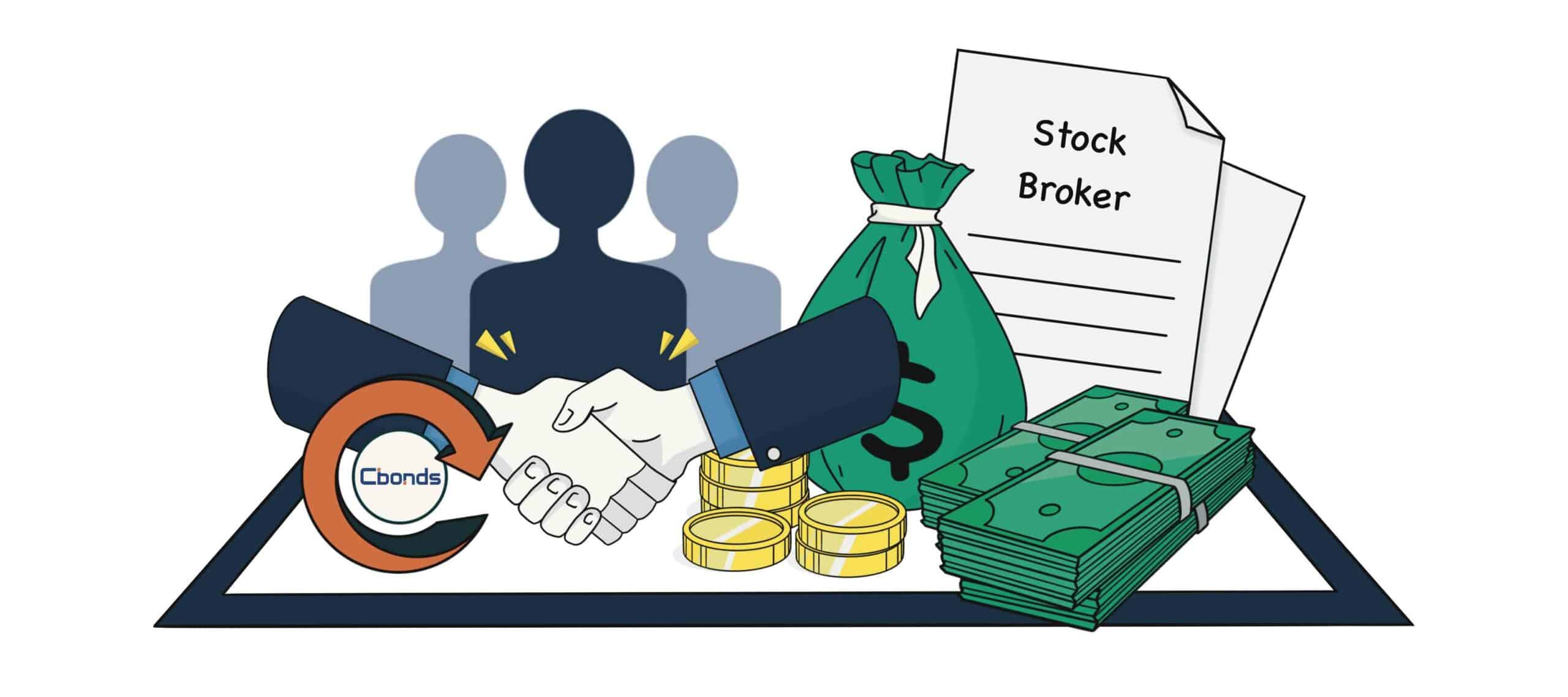Choosing the right broker is a very important step for any trader, whether you are just starting or have years of experience. Brokers like HFM have set benchmarks in the industry by offering a comprehensive range of features designed to cater to traders’ diverse needs. But with so many options available, how do you identify the best broker for your trading journey? Here’s a guide to the key features you should prioritize.
First and foremost, any broker should possess its regulatory status. That is to say, a regulated broker guarantees protection for your money and will operate transparently. Check whether it is licensed with leading top-tier financial regulators, such as the UK’s FCA, Cyprus’s CySEC, or Australia’s ASIC. The advantage of operating under renowned regulators is that it gives traders confidence in the broker’s credibility and conformance with globally accepted standards.
A trading platform opens the doorways to the financial markets-and it needs intuitiveness and reliability. Traders can engage with top-flight brokers through greatly recognized platforms, such as the MT4 and MT5 operating systems, with deeply embedded chartings, technical analysis indicators, automated trading, besides other important items. Some take it up higher with their prop tools and various mobile platforms created for on-mobile trading.
A good broker can give access to a wide range of assets, from forex and commodities to indices, stocks, and cryptocurrencies. The secret to minimizing risks is diversification, and with brokers giving a broad portfolio will let you spread your investments into other markets and trading strategies.
The other paramount factor is competitive pricing with transparency. Evaluate the broker’s spreads, commissions, and any other fees that can be charged, including overnight or withdrawal charges. Check for brokers offering tight spreads and several flexible account types to accommodate traders of different capital sizes and strategies.
Trading entails successful risk management as much as it involves profits. A very good broker would offer a number of risk management tools, including stop-loss orders, negative balance protection, and margin call notifications. Such features would go a long way in saving your capital against turbulent market conditions.
Education is very important, whether one is a novice or an advanced trader, and it is essential to find a broker investing in quality educational means, such as webinars, tutorials, market analysis, and guides on how to trade. A good education will provide broad opportunities for traders to make informed decisions and refine their strategies over time.
Good customer support can make all the difference in having a smooth trading experience overall. The better brokers offer complete 24/5 or even 24/7 multi-channel support through live chat, email, or over the phone. Quick responses and knowledgeable support staff should resolve any issues in a timely fashion for smooth sailing throughout your entire trading journey.
Other than that, convenience in funding and withdrawing your account is a vital feature. Look for brokers offering several methods of depositing and withdrawing funds with fast processing time and low fees: credit/debit cards, bank transfers, and e-wallets.
While choosing a broker, it is important to assess features that come together with your goals and style of trading. This cannot be done without regulation, ease of use on the trading platform, diversification of assets, pricing transparency, and high-level support. Only with such emphasis can one feel his trading experience will be secure and prolific enough to bring him long-term success in financial markets.


